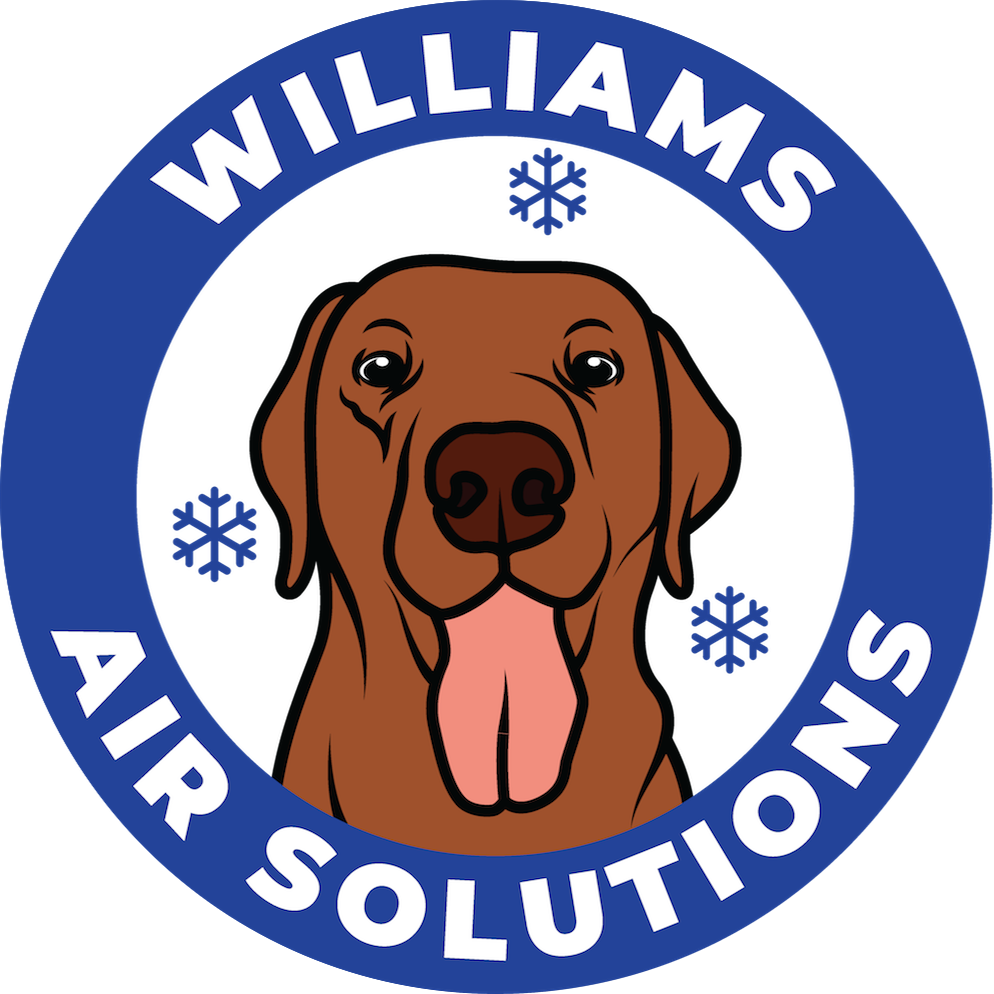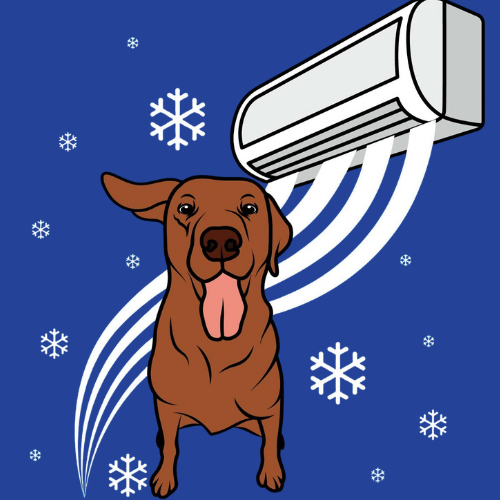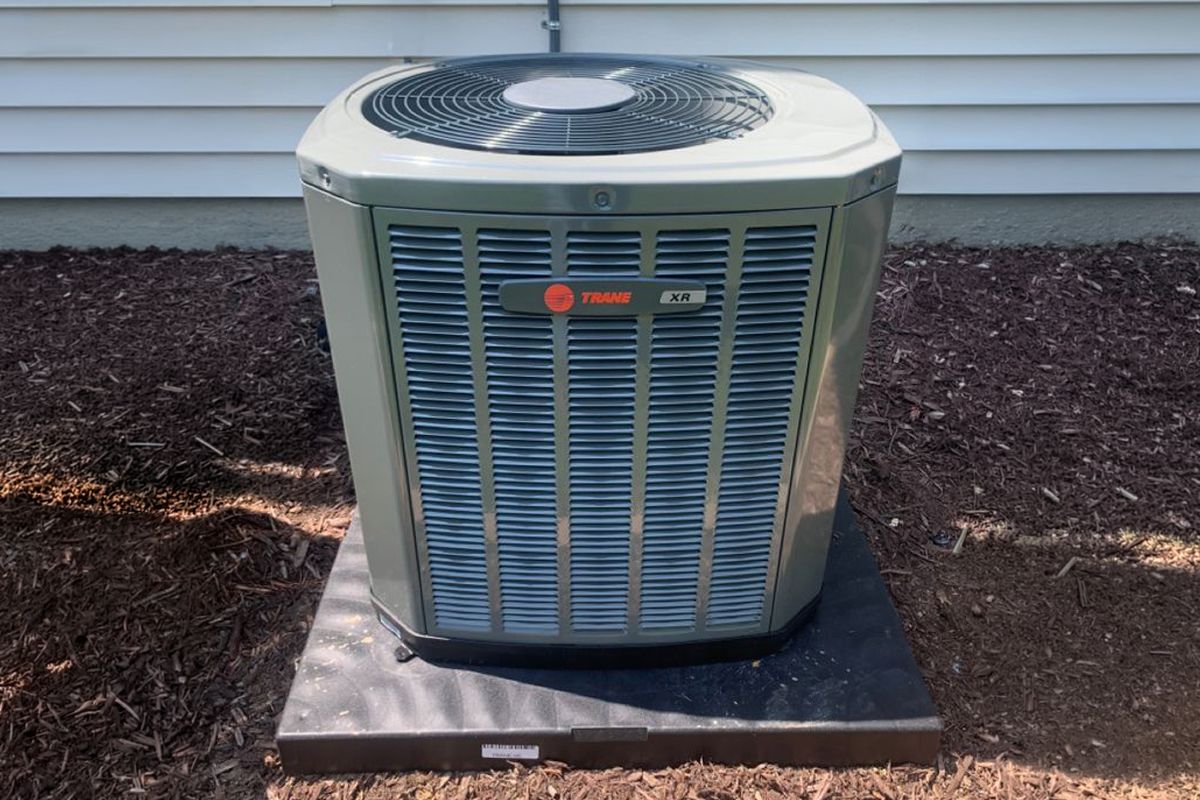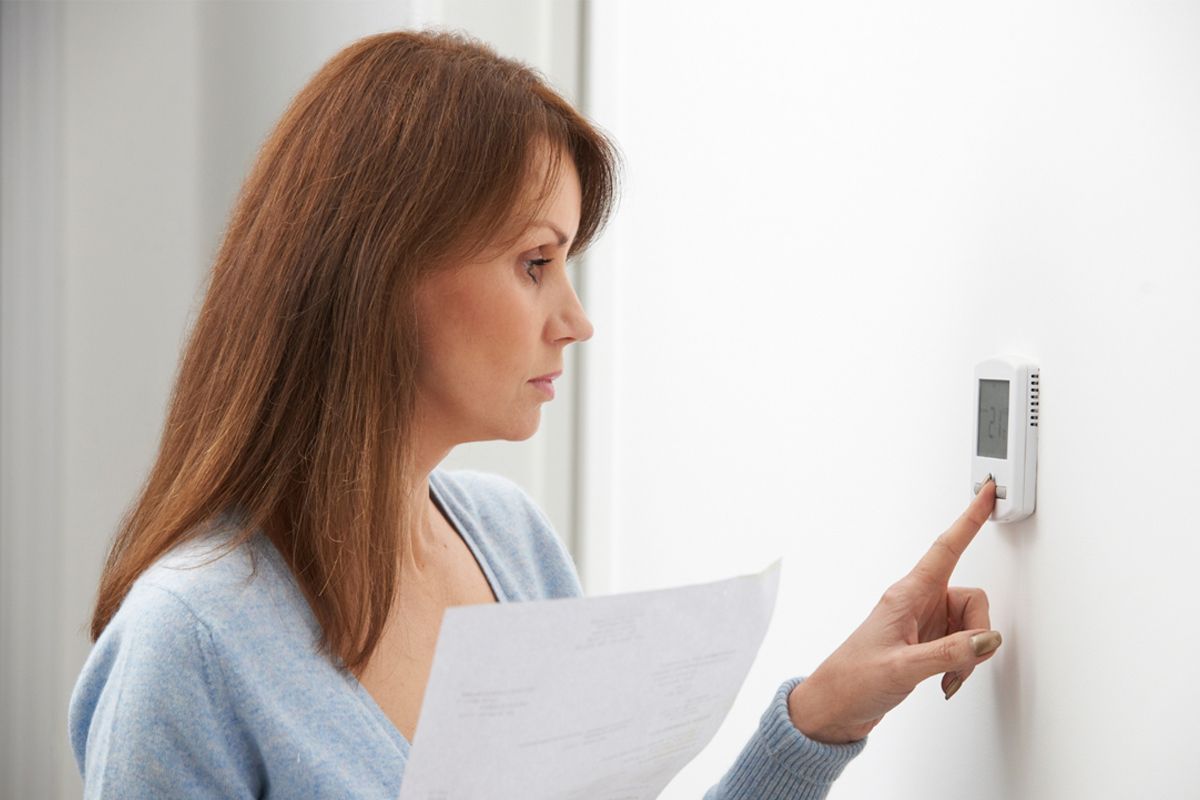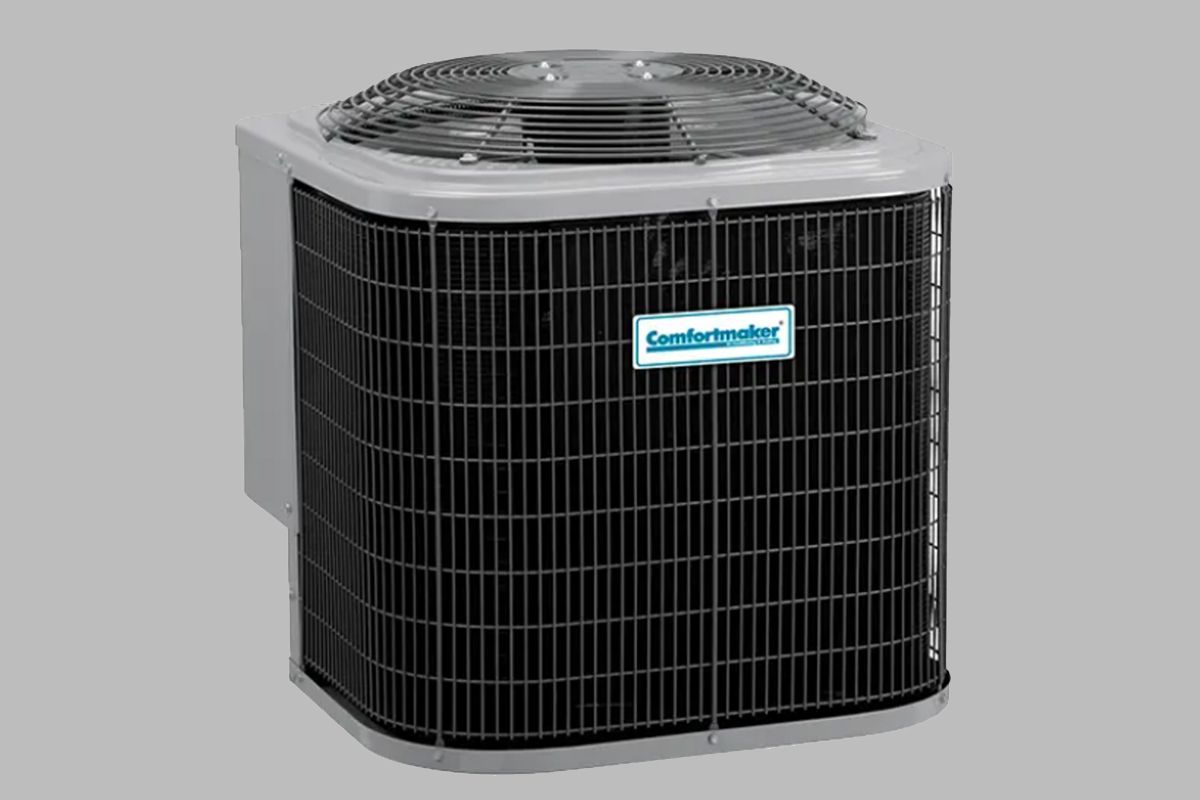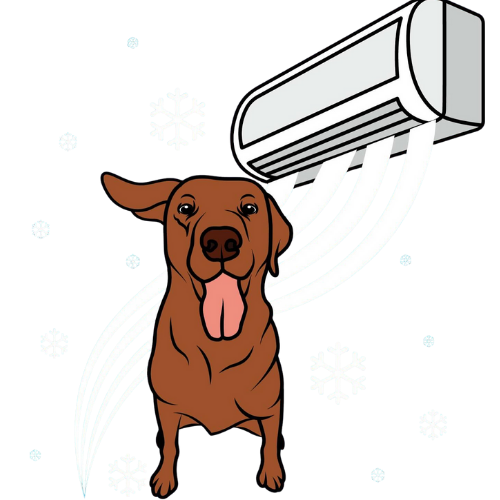What’s Included in a Professional HVAC Tune-Up?
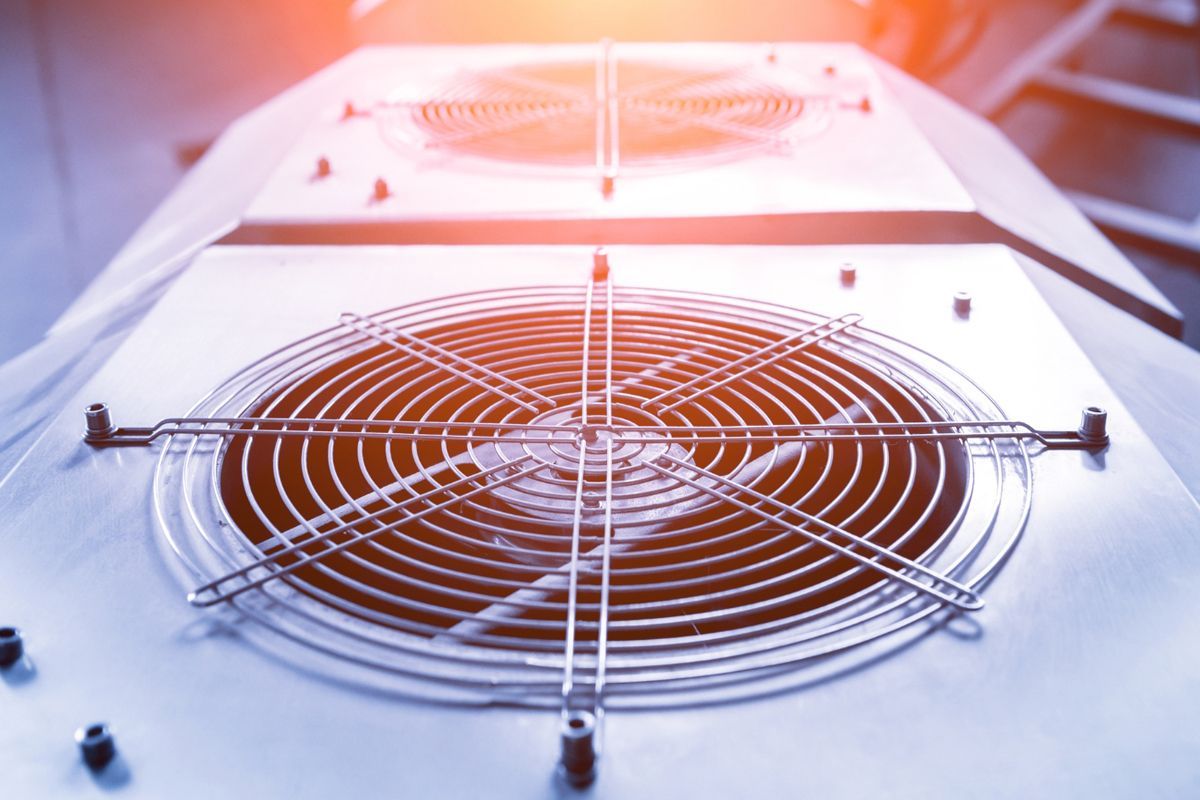
With Florida’s heat and humidity, your HVAC system is one of the hardest-working appliances in your home. Homeowners in Pinellas County often ask: “What exactly is included in a professional HVAC tune-up, and is it worth the investment?”
The answer is yes — and understanding what’s covered will help you see why regular tune-ups keep your system running efficiently, lower your energy bills, and prevent costly breakdowns.
The Purpose of an HVAC Tune-Up
An HVAC tune-up isn’t just a quick filter change. It’s a detailed service designed to ensure every part of your system is working properly. A thorough tune-up helps:
- Maximize efficiency and lower electric bills
- Improve indoor comfort and air quality
- Reduce the risk of unexpected breakdowns
- Extend the lifespan of your equipment
- Keep warranties valid
What a Professional HVAC Tune-Up Includes
A complete tune-up should cover the following steps:
1. Air Filter Inspection and Replacement
Airflow is critical in Florida’s climate. Technicians will check your filter and replace it if necessary to keep air moving efficiently and reduce allergens indoors.
2. Coil Cleaning
Both the indoor evaporator coil and outdoor condenser coil are cleaned to remove dust, dirt, and salt buildup. Clean coils improve cooling performance and reduce energy consumption.
3. Refrigerant Level Check
Low refrigerant leads to poor cooling and higher utility bills. A technician will check for proper levels and signs of leaks.
4. Condensate Drain Line Cleaning
Blocked drain lines are common in humid Pinellas County and can cause water leaks or mold growth. A tune-up includes flushing the line to prevent clogs.
5. Electrical Component Inspection
Wiring, capacitors, and contactors are checked for wear. Replacing a worn part early prevents major failures, like compressor or blower motor damage.
6. Thermostat Calibration
Ensures your thermostat is reading and controlling temperature accurately, which helps avoid uneven cooling and wasted energy.
7. Ductwork and Airflow Check
Technicians inspect for leaks, blockages, or poor airflow that can reduce efficiency and comfort.
8. Safety and Performance Tests
The entire system is tested to ensure it operates safely and meets manufacturer performance standards.
During a spring tune-up for a Belleair homeowner, our technicians found a partially clogged drain line and a failing capacitor. Both issues were fixed on the spot for under $200. If left unchecked, they could have led to a complete system failure costing over $1,000. Regular tune-ups catch problems early and save money long term.
How Often Should You Schedule a Tune-Up?
In Florida, HVAC systems run almost year-round. The best practice is to schedule two tune-ups per year:
- Spring: To prepare for heavy summer cooling
- Fall: To recover from summer wear and prep for cooler months and hurricane season
A professional HVAC tune-up is one of the smartest investments Florida homeowners can make. By cleaning, calibrating, and inspecting your system, technicians prevent expensive problems, lower utility costs, and keep your home comfortable year-round.
At Williams Air Solutions, our detailed tune-ups are designed for Florida’s unique climate and backed by our commitment to customer satisfaction.
Stay cool and worry-free — call Williams Air Solutions at (727) 353-0090 today to schedule your professional HVAC tune-up.
